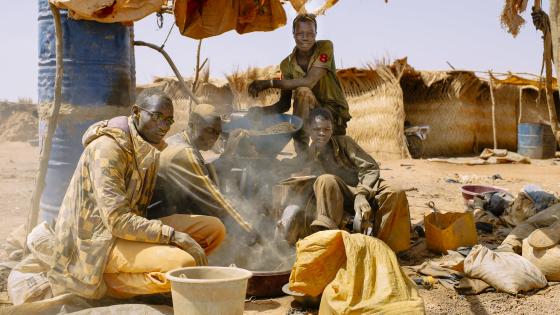DP7229 Natural Resources and Reforms
We use a sample of 133 countries to investigate the link between the abundance of natural resources and micro-economic reforms. Previous studies suggest that natural resource abundance gives rise to governments that are less accountable to the public, states that are oligarchic, and that it leads to the erosion of social capital. These factors are likely to hamper economic reforms. We test this hypothesis using data on microeconomic reforms from the World Bank?s Doing Business database. The results provide a robust support for the "resource curse" view: a move from the 75th percentile to the 25th percentile on resource abundance equals 10.9 percentage points more reform, a large effect given that the mean probability of reform in the sample is 57.1%.

